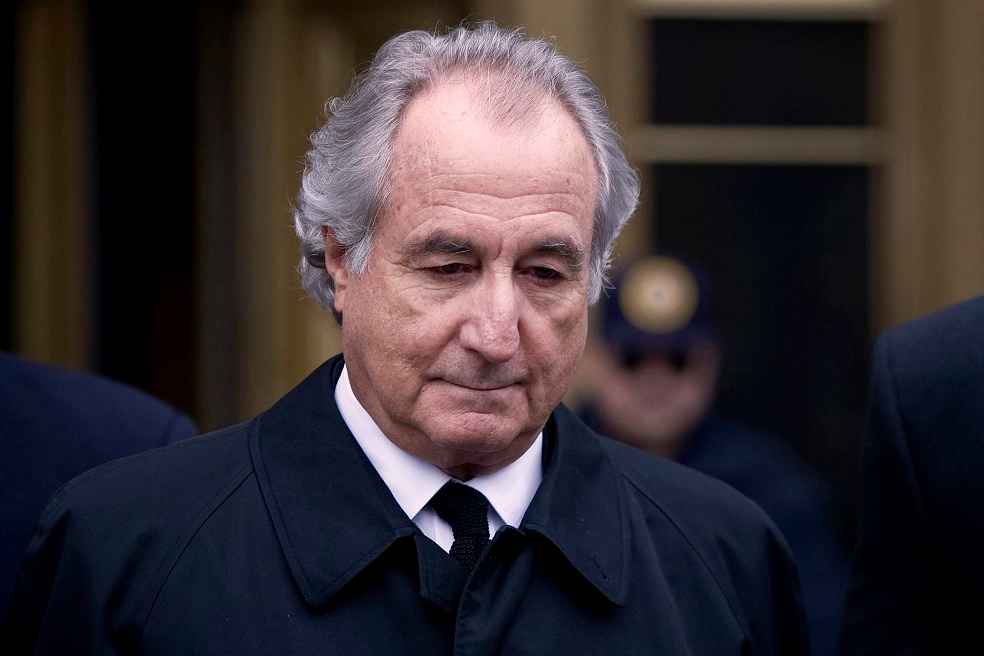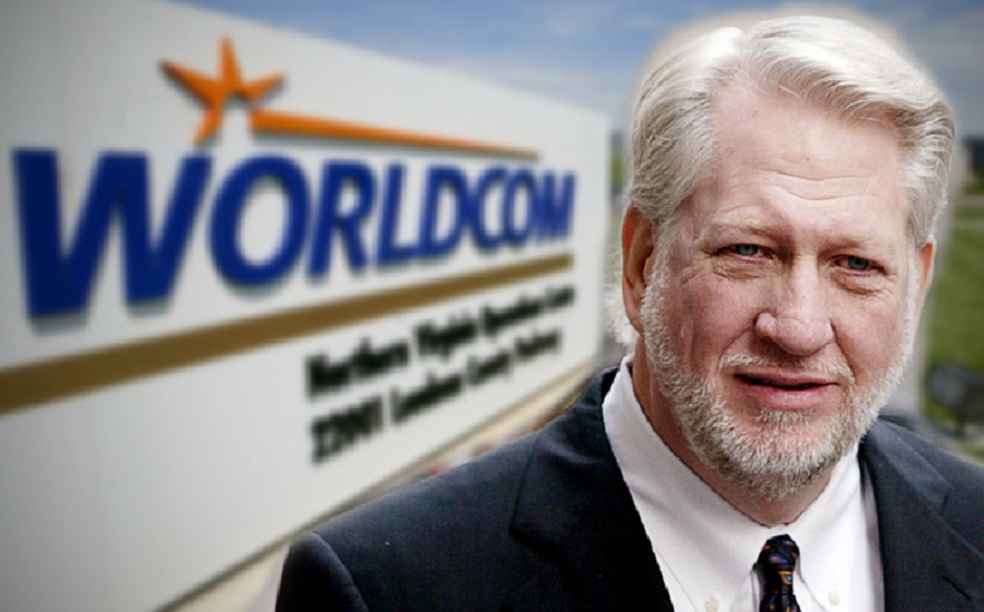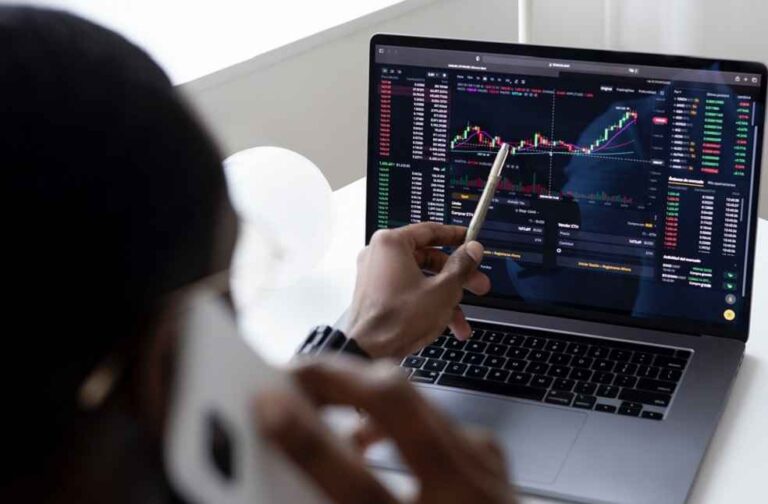Manhattan: The global share market has been shaken by a series of massive frauds in recent years, leaving investors and regulators scrambling to restore confidence in the system. Some of the biggest and most shocking cases are listed below:
Bernard Madoff: The biggest Ponzi scheme in history was orchestrated by Bernard Madoff, who swindled investors out of $65 billion over several decades. Madoff’s fraudulent investment scheme relied on a constant influx of new money to pay returns to existing investors. When the financial crisis hit in 2008, Madoff was unable to attract new investors and the scheme collapsed.

Enron: Enron was one of the largest energy trading companies in the world before it filed for bankruptcy in 2001. The company was accused of fraudulent accounting practices that hid billions of dollars in debt and inflated earnings reports. The scandal led to the downfall of Enron’s CEO, Jeff Skilling, and the company’s auditor, Arthur Andersen.
WorldCom: WorldCom was a telecommunications company that filed for bankruptcy in 2002 after it was discovered that the company had inflated earnings by $11 billion. The fraud was carried out by manipulating the company’s accounting records to hide expenses and inflate revenue.

Lehman Brothers: The collapse of Lehman Brothers in 2008 was one of the defining moments of the financial crisis. The investment bank had a massive exposure to the US housing market, and when the housing bubble burst, the bank was unable to cope with the losses. The bank’s collapse sent shockwaves through the financial system and led to a global recession.
Wirecard: The German payments company Wirecard filed for insolvency in 2020 after it was revealed that the company had inflated its revenue and profits for several years. The fraud was carried out through a complex system of fake transactions and accounting irregularities. Wirecard’s collapse led to the arrest of its CEO, Markus Braun, and several other top executives.
These cases have had a profound impact on the global share market and have shaken investors’ confidence in the system. The fallout from these scandals has been far-reaching, and regulators have been forced to take action to restore confidence in the markets.

One of the key responses to these frauds has been the introduction of stricter regulation and oversight of the financial industry. In the United States, the Dodd-Frank Wall Street Reform and Consumer Protection Act was passed in 2010 to address some of the issues that led to the financial crisis. The act introduced new rules and regulations for the banking and financial industry, including increased oversight and accountability.
In Europe, the European Securities and Markets Authority (ESMA) was established in 2011 to ensure the integrity of financial markets and protect investors. The authority has the power to investigate and sanction market participants for market abuse, including insider trading and market manipulation.

Investors have also become more cautious and skeptical of the claims made by companies and their executives. There has been a greater emphasis on due diligence and transparency, with investors demanding more information and data to support investment decisions.
In conclusion, the impact of massive share market frauds has been significant and far-reaching. These frauds have shaken investor confidence and led to increased regulation and oversight of the financial industry. While these measures have helped to restore some confidence in the markets, there is still a long way to go to ensure that the global share market is fair, transparent, and trustworthy.
TECHNOLOGY: TECH’S IMPACT: E-COMMERCE, AI, BLOCKCHAIN TRANSFORMING TRADE



